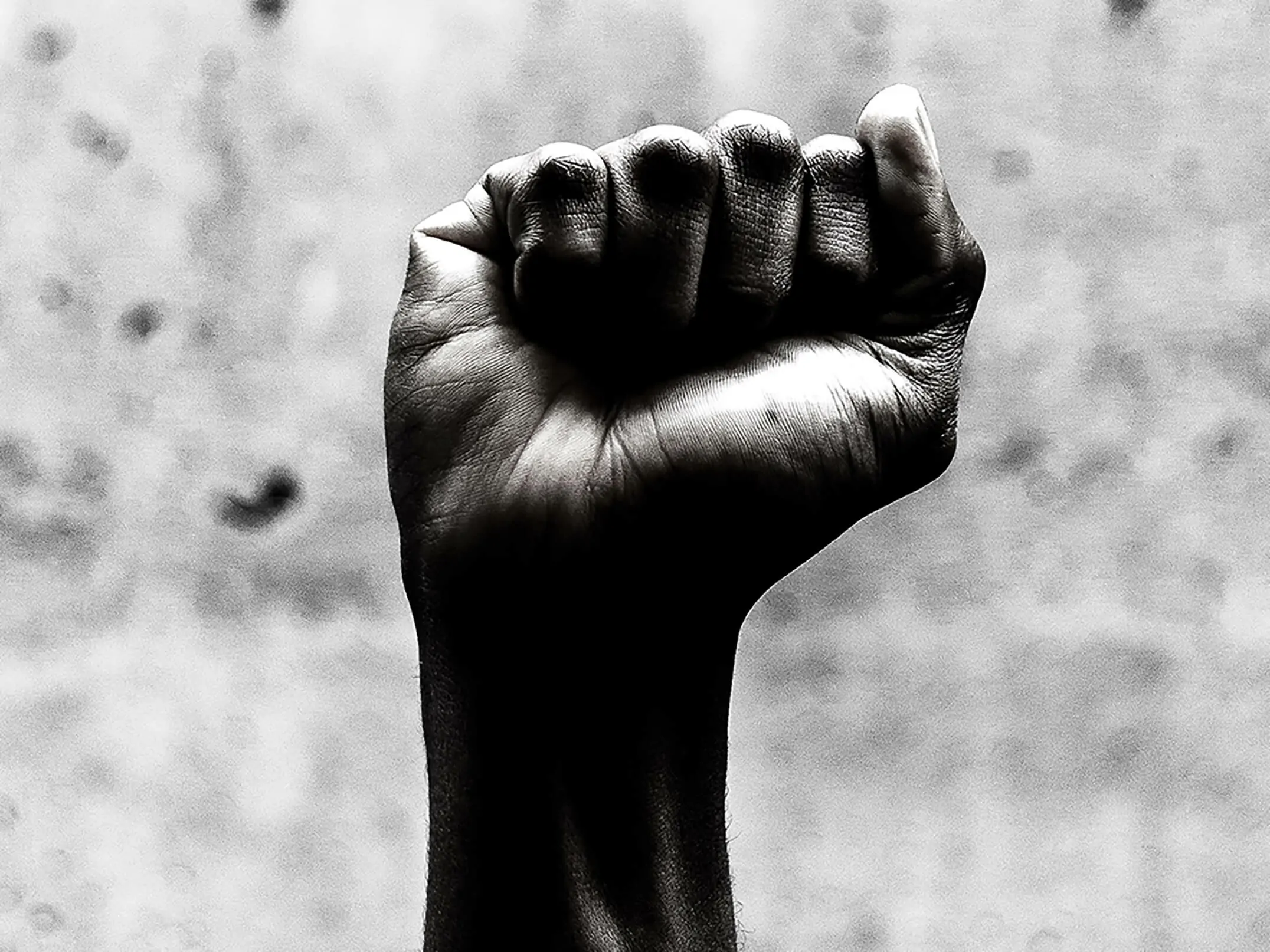Accidents, like car crashes or falls, can drastically alter our lives and disrupt our day-to-day activities in numerous ways. After an accident, many patients experience a sudden loss of hand strength, often causing discomfort and inconvenience until treated.
Here, we will explore some of the many ways accidents can cause grip strength issues, focusing on the importance of accurate diagnosis and treatment through chiropractic care. Chiropractors in Denver can help patients restore their hand function and strength by addressing injuries promptly and efficiently.
Ways Accidents Can Cause Weakening Hand Grip
An accident or fall can injure the structures responsible for hand function — directly or indirectly, weakening the hand’s gripping abilities. A few potential causes may include:
- Nerve Damage: A fall or accident can result in trauma to the nerves that control the muscles in the hand and arm. For instance, damage to the ulnar, radial, or median nerves, which are crucial for hand and finger movements, can lead to weakness in grip.
- Fractures and Dislocations: Injuries to the bones in the wrist, hand, or arm, such as fractures or dislocations, can impair the mechanical function of the hand, leading to a weaker grip. Such injuries may affect the joints and alignment of the hand, impacting grip strength.
- Soft Tissue Injuries: Damage to the muscles, tendons, and ligaments in the hand and arm due to a fall can result in pain and swelling, limiting hand movement and reducing grip strength.
- Joint Injuries: Trauma to the joints, such as wrist or elbow joints, can cause pain, swelling, and stiffness, making it difficult to grip or hold objects firmly.
- Tendon Injuries: Tendons are crucial for movement. Injuries to the tendons, such as ruptures or severe strains, can significantly weaken grip.
Chiropractic Treatment for Hand Weakness and Pain Relief
If nerve damage from an accident is causing hand weakness and dropped objects, chiropractic care and physical therapy may offer relief. Chiropractic treatment focuses on promoting muscle healing and restoring proper joint movement and function. Chiropractic care can be beneficial in addressing a weakened hand grip, especially when the issue is related to nerve compression, joint misalignment, or musculoskeletal imbalances. Some ways chiropractic treatment can help include:
- Spinal Adjustments: Misalignments in the spine, particularly in the neck or upper back, can affect the nerves that lead to the arms and hands. Chiropractic adjustments can realign the spine, reduce nerve interference, and improve nerve function and strength in the hand.
- Extremity Adjustments: Chiropractors don’t just focus on the spine; they can also perform adjustments on other parts of the body, including the wrist and elbow. These adjustments can help to restore proper joint function and reduce any nerve compression in these areas, offering significant relief to injured and affected areas.
- Soft Tissue Therapy: Chiropractors often use techniques like massage therapy, trigger point therapy, or myofascial release to address muscle tension and improve blood circulation. This can help relieve pain and improve function in the muscles that control grip.
- Rehabilitative Exercises: Many chiropractors will prescribe specific exercises to strengthen the muscles in the hand, wrist, and arm. These exercises can help to improve grip strength and overall hand function.
Alternative Treatments for Weakening Hand Grip
While chiropractic care can be a fast route to recovering from sudden hand weakness, other treatments, such as home remedies and alternative therapies, can also help restore grip strength and mobility.
Alternative treatment options for regaining hand movement and strength include:
- Rest and Activity Modification: Avoiding activities that exacerbate the symptoms is crucial. This may involve changes in work ergonomics or daily activities.
- Physical Therapy: A physical therapist can guide you through exercises that strengthen the muscles in the hand and arm, improve flexibility, and reduce nerve compression.
- Splinting or Bracing: Wearing a splint or brace, particularly at night, can help in conditions like carpal tunnel syndrome, reducing pressure on the nerve.
- Medications: Over-the-counter pain relievers (like ibuprofen or acetaminophen) can help alleviate pain and inflammation.
- Hot or Cold Therapy: Applying heat or cold packs can reduce pain and inflammation.
- Yoga and Stretching Exercises: Gentle stretching and yoga can improve flexibility and reduce pressure on nerves.
Treat Hand Weakness with Chiropractic Care at Denver Integrated Spine Center
Denver Integrated Spine Center offers comprehensive chiropractic and physical therapy services for patients in the Denver Metro area. Denver Integrated Spine Center treats many injuries affecting grip strength and hand or wrist movement using well-researched therapies and tailored treatment plans. From simple adjustments to emergency chiropractic care, we can address all of your chiropractic needs to get you feeling better. For more information or to book an appointment, call our office at (303) 758-9000.
Denver Integrated Spine Center has the best chiropractors in Denver and Lakewood. The city’s premier multidisciplinary injury recovery and rehabilitation center. If you’re experiencing chronic back pain, shoulder pain, limited mobility, headaches or neck pain, weakness in your hands, or any other common injuries affecting your musculoskeletal structure, our experienced team of local chiropractors, massage therapists, and medical professionals can help.


